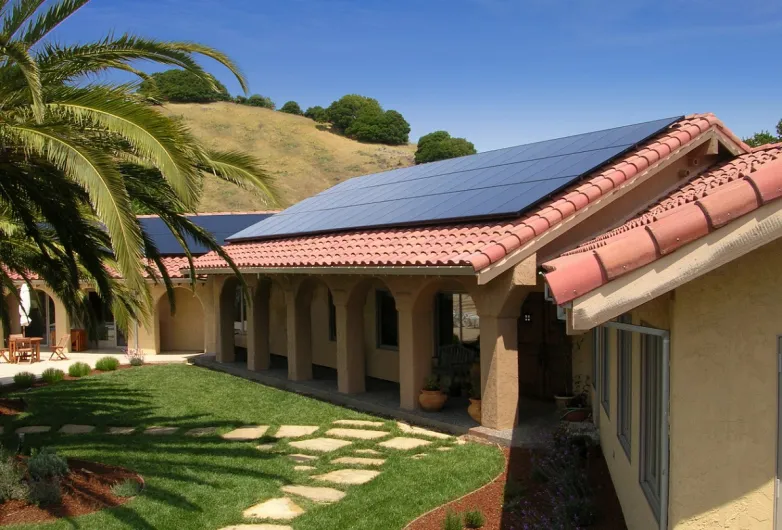Bill presented to extend US financial investment tax obligation credit score for residential solar systems
- Regulations that would certainly boost as well as extend the US' residential solar financial investment tax obligation credit report has actually secured the support of a host of solar companies and also non-profits.

Presented by Congresswoman Linda Sánchez, the Residential Solar Opportunity Act aims to ensure that homeowners have the exact same access as corporations to tax obligation motivations for deploying solar systems.
The regulations has actually been recommended by the 25D Parity Union, a group of solar firms, cooperatives and non-profits that consists of SunPower, Hanwha Q-Cells, Jinko Solar and GoodLeap.
The solar ITC is currently a 26% government tax obligation credit asserted versus the tax obligation of residential (under Section 25D) as well as business and also energy (under Section 48) investors in solar power residential or commercial property.
Under current rules, the solar ITC will certainly step down to 22% in 2023 and after that drop to 10% in 2024 for industrial projects, when the residential credit score ends totally.
However, the Residential Solar Opportunity Act would see the residential credit report raised to 30% for 5 years and after that progressively phased down to a 10% permanent debt after 2028.
According to Congresswoman Sánchez, parity in between the credit ratings is critically crucial to sustained residential solar market growth as the 25D debt supports 70% of residential solar systems sold in the US.
" As we prepare to make significant investments in renewable resource, we have to make sure that property owners that wish to minimize their carbon footprint have access to the exact same resources as companies," she said.
Suzanne Leta, head of plan and strategy at SunPower, stated the suggested regulation is a critical step for residential solar and also energy storage clients across the US, including: "Ensuring house owners and also occupants obtain the very same rewards as organizations to set up solar and also energy storage will expand access to the electrical energy bill savings and also resiliency benefits for those that need it most, produce more good-paying tasks with benefits and also further allow the country to take on climate change head-on."
While an expansion of the ITC has actually not been consisted of in the bipartisan framework bill, which was passed by the Senate last week, it is thought solar support might be presented using a spending plan reconciliation act later on in the year.
Also read

